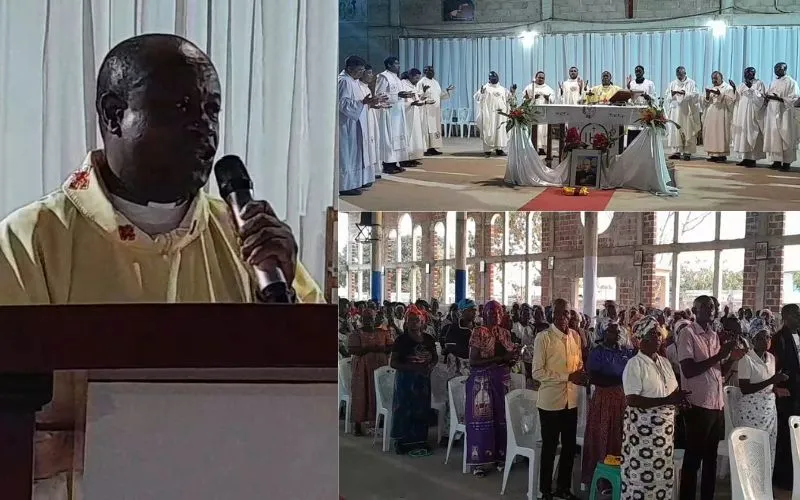Nairobi, 24 February, 2020 / 1:34 am (ACI Africa).
The decision to ban a gay-themed movie undertaken by the Kenya Film Classification Board (KFCB) has received support from Catholic Bishops in the East African nation.
The ban concerns the movie titled "Shubh Mangal Zyada Saavdhan (SMZS)," which translates to “Extra Careful of Marriage.” Released initially in Indonesia February 13, it is an Indian comedy drama film about a romantic affair between two men and delivers, albeit with some dose of laughter, homosexuality message.
“We (Bishops) applaud the Board for keeping vigilance against foreign funded and introduced ideologies that attempt to sneak in and corrupt the minds of our young people using films and videos,” the Chairman, Commission for Social Communication of the Kenya Conference of Catholic Bishops (KCCB), Bishop Joseph Obanyi told ACI Africa in an interview on Friday, February 21.
The Local Ordinary of Kenya’s Kakamega Diocese added, “Reading through the press statement by the (Kenya) Film Classification Board, I agree totally with the restrictions put against the homosexually connotated film. The Catholic Church abhors and condemns homosexuality under any disguise.”
On February 21, KFCB issued a press statement banning the movie presented for examination by Crimson Multimedia Limited “for its misleading and deliberate attempt to normalize and legalize same-sex marriages, against Article 45 of the Kenyan constitution which defines marriage as a union between two persons of the opposite sex thus outlawing homosexuality.”








